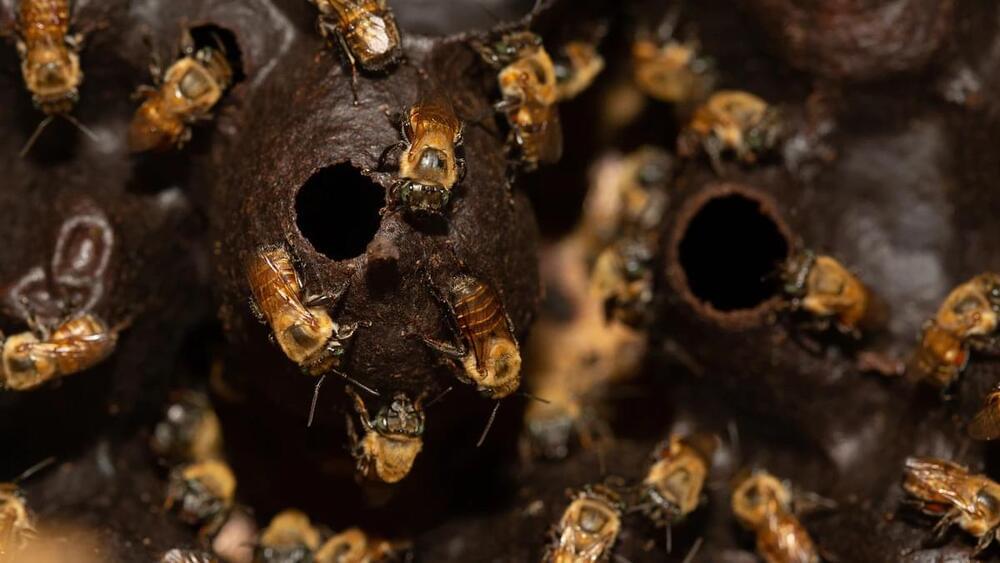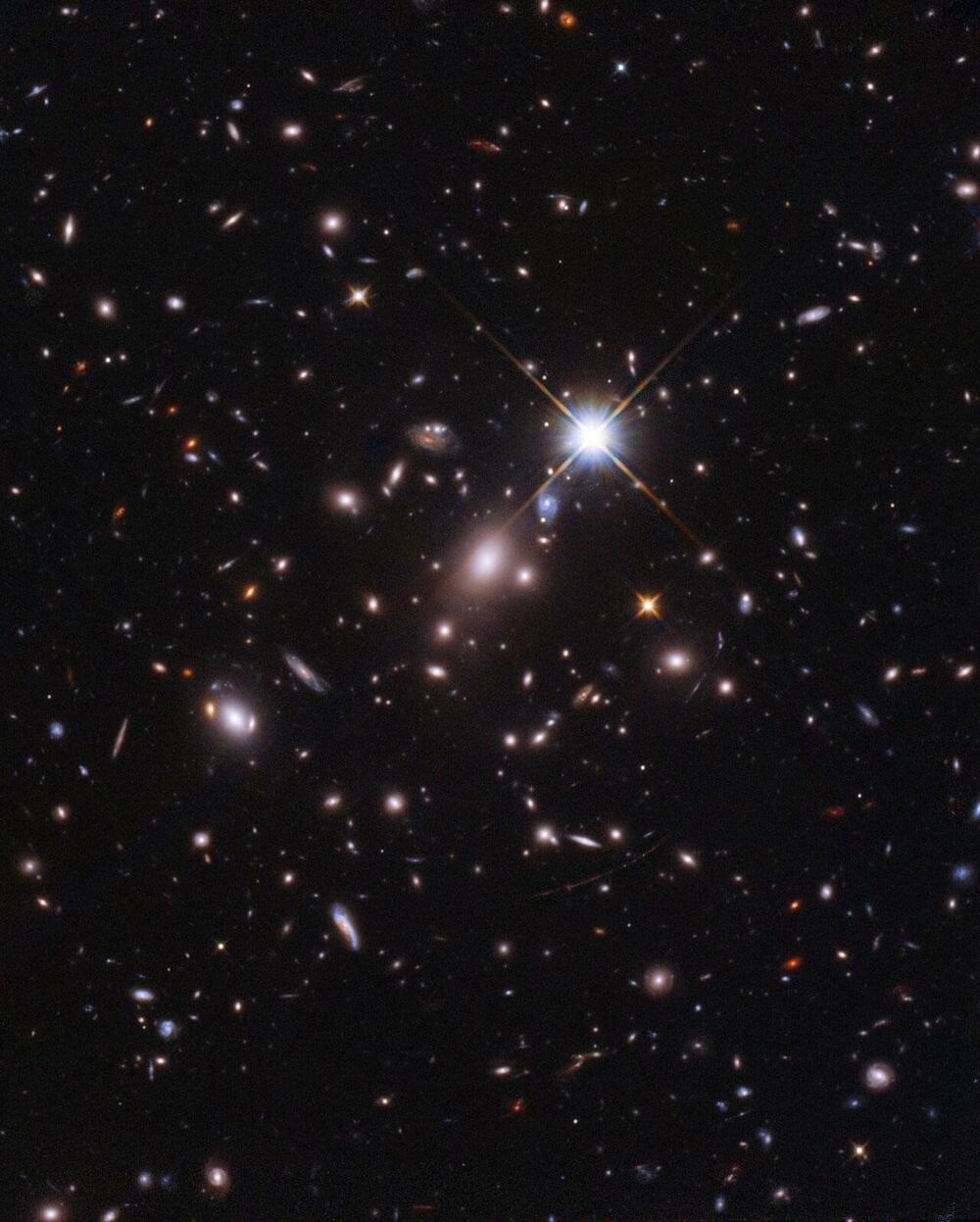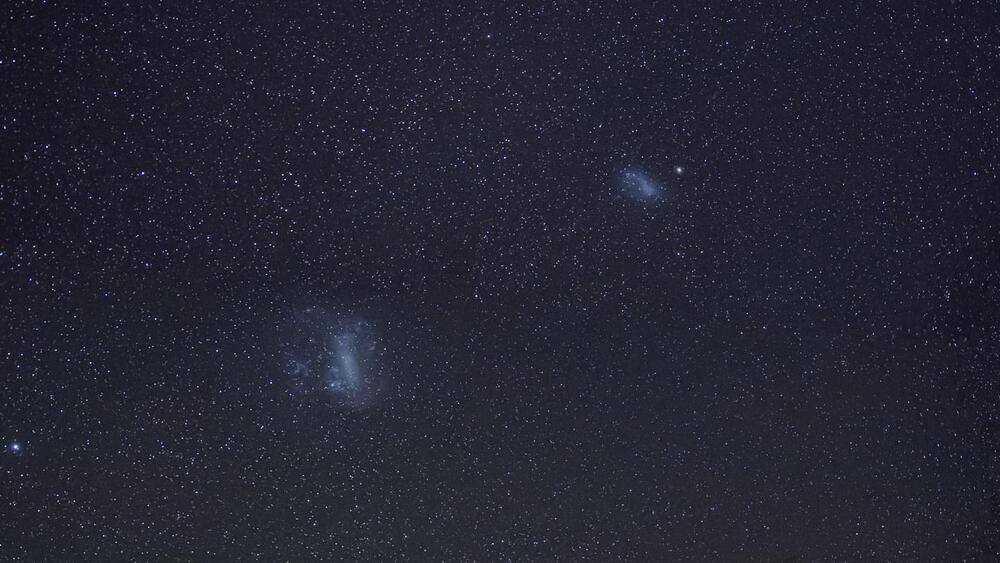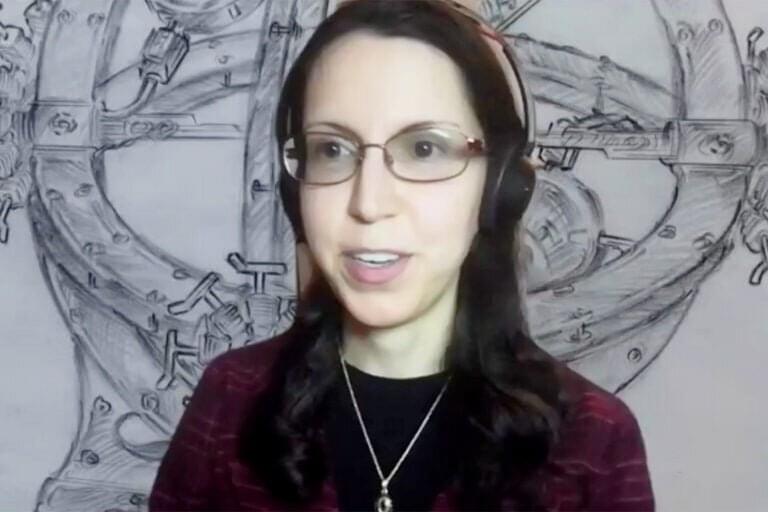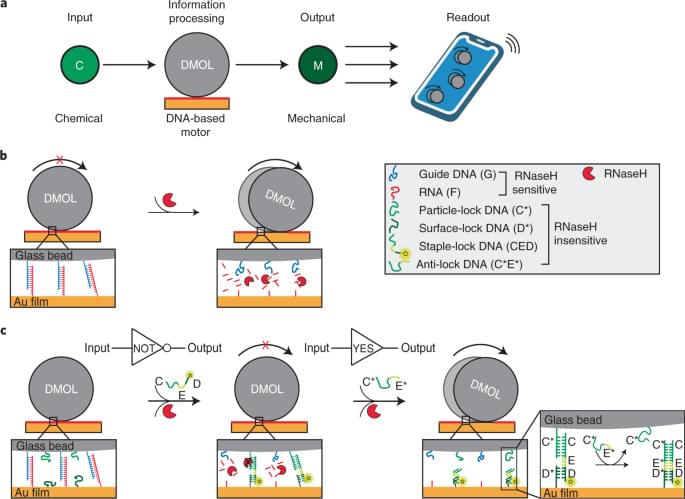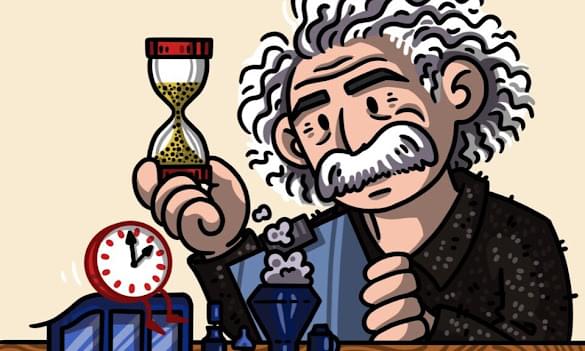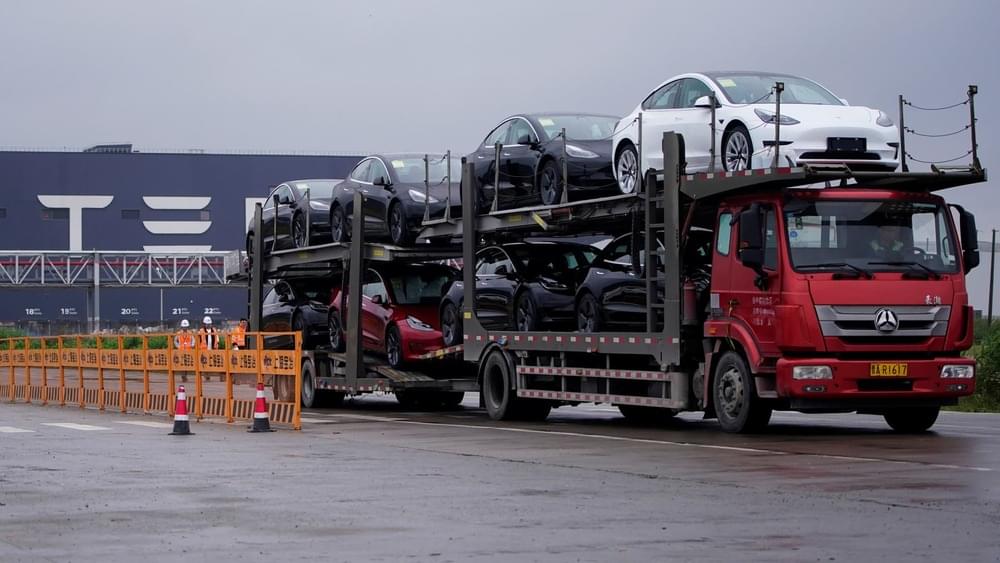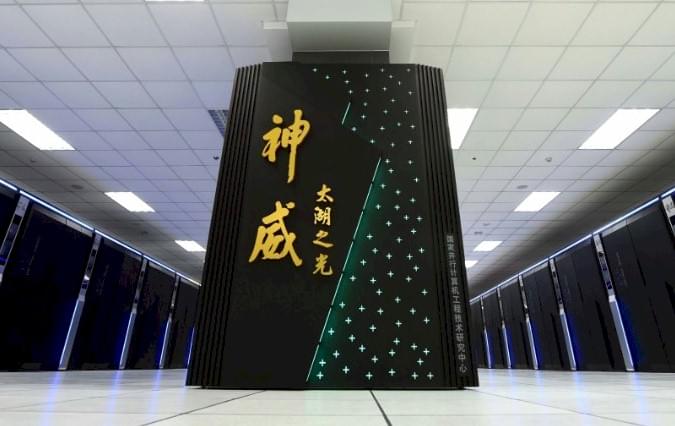They come in many colors: golden, solid onyx, or striped dandelion and cinnamon. Their eyes can be beady black, slate gray, or even bluish-green. Their bodies may be as small as lentils or big as wine grapes. But the most amazing thing about stingless bees are the honeys they produce, which are increasingly being sought after for food and medicine.
In the Peruvian Amazon, people are just beginning to raise a few of the area’s 175 different species of stingless bees, which promise to help beekeepers and their communities. Historically, such honey has typically been harvested from the wild, which destroys the hives.
But in the last few years, scientists including Cesar Delgado, with the Instituto de Investigaciones de la Amazonía Peruana (IIAP), are teaching people to raise and keep the insects in sustainable ways.
